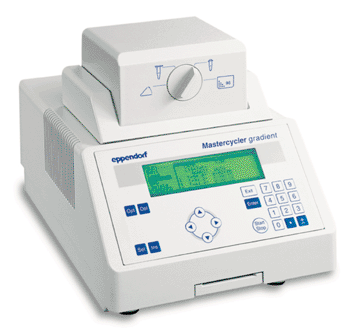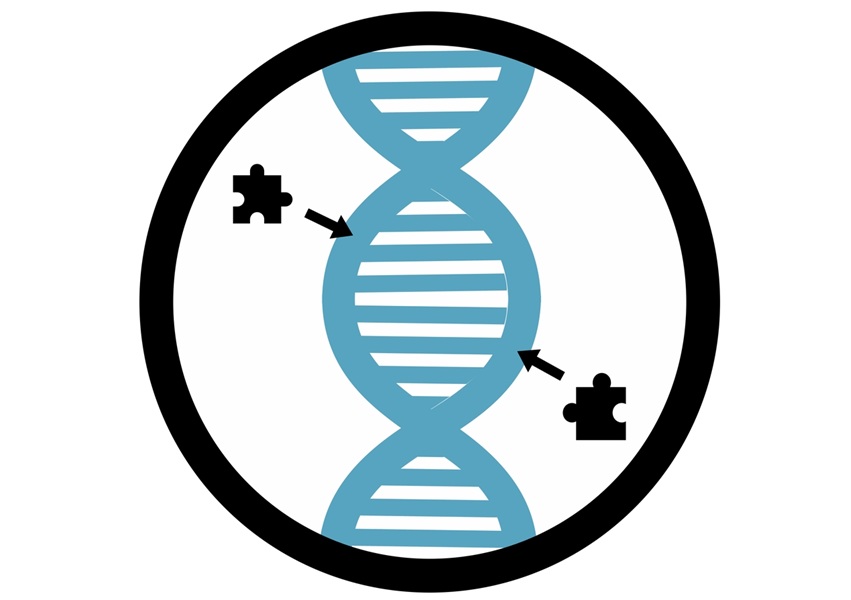Molecular Method Detects Colon Cancer Earlier
By LabMedica International staff writers
Posted on 24 Sep 2013
Techniques that identify gene variations that have been linked to colon cancer, may soon allow doctors to diagnose the disease in the very first stages, potentially saving patients' lives.Posted on 24 Sep 2013
There is a need to provide those people who refuse screening colonoscopy with highly sensitive alternative tests, but the main problems in the attempt to establish molecular assays for noninvasive detection of early cancer stages or even of cancer precursors, are the choice of the appropriate biomarkers.

Image: Polymerase chain reaction Mastercycler gradient (Photo courtesy of Eppendorf).
Scientists at the University of Potsdam (Germany) analyzed 80 human colon tissue and 31 associated feces specimens from subjects that had undergone routine colonoscopy and histopathologic assessment. They used a combination of two techniques to analyze genetic variations within the cancerous and precancerous human colon tissue samples. One technique was the Locked Nucleic Acid (LNA)-based, wild-type blocking (WTB) polymerase chain reaction (PCR), which suppressed normal DNA present in large quantities, and the other was the High-Resolution Melting (HRM), which enhanced the detection of genetic variations. The WTB-PCR was conducted on an Eppendorf Mastercycler gradient (Hamburg, Germany) and the LC 480 Gene Scanning Software (Roche Diagnostics; Mannheim, Germany) was applied for HRM analysis.
There were two genes that were most frequently mutated in patients with colorectal cancer: a mutated Adenomatous polyposis coli (APC) gene was found in 60% of the patients and 40% of the patients has a mutated Kirsten rat sarcoma viral oncogene homolog (KRAS) gene. The two methods detected APC variations in 41 of the 80 samples and identified previously unknown variations in APC. The currently used direct sequencing technique only detected variations in 28 of the samples. When the scientists then analyzed 22 stool samples from patients with APC variations in their colon tissues and 9 control stool samples without APC variations, they successfully detected APC variations in 21 out of the 22 samples.
Bettina Scholtka, PhD, an assistant professor at the University of Potsdam and senior author of the study, said, “Tumor cells are released into stool from the surface of precancers and early-stage colon cancers, but detecting a cancer-initiating genetic mutation among a large quantity of normal DNA from a patient's stool is like looking for a needle in a haystack. By using our technique for examining a selection of genes that become mutated during the process of colon cancer formation, it is possible to detect the very first stage of colon cancer and even precancers in a stool sample.” The study was published in the September 2013 issue of the journal Cancer Prevention Research.
Related Links:
University of Potsdam
Eppendorf
Roche Diagnostics













